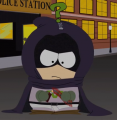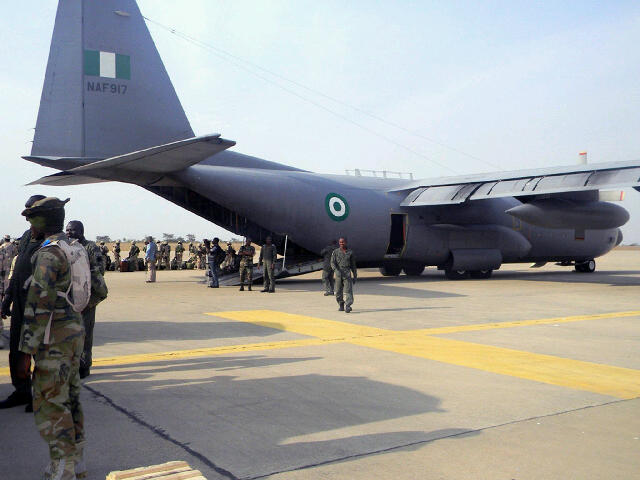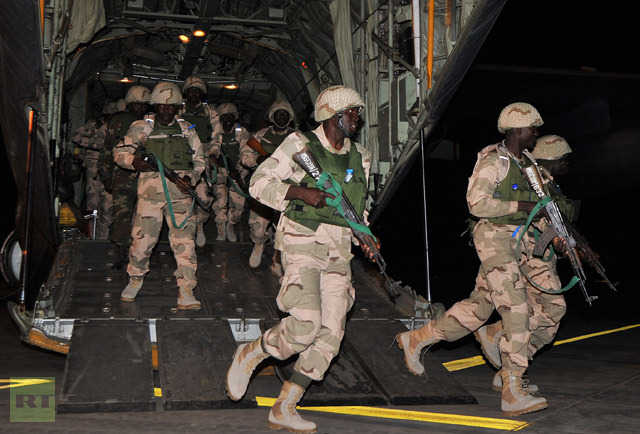Mali's population consists of diverse Sub-Saharan ethnic groups, sharing similar historic, cultural, and religious traditions. Exceptions are two nomadic northern groups, the Tuaregs, a Berber people, and Maurs (or Moors), of Arabo-Berber origins. The Tuaregs traditionally have opposed the central government. Starting in June 1990 in the north, Tuaregs seeking greater autonomy led to clashes with the military. In April 1992, the government and most opposing factions signed a pact to end the fighting and restore stability in the north. Its major aims are to allow greater autonomy to the north and increase government resource allocation to what has been a traditionally impoverished region. The peace agreement was celebrated in 1996 in Timbuktu during an official and highly publicized ceremony called "Flamme de la Paix"--(peace flame).
Historically, interethnic relations throughout the rest of the country were facilitated by easy mobility on the Niger River and across the country's vast savannahs. Each ethnic group was traditionally tied to a specific occupation, all working within proximity to each other, although the distinctions were often blurred. The Bambara, Malink, Sarakole, Dogon and Songhay are farmers; the Fula or Fulani, Maur, and Tuareg are herders, while the Bozo are fishers. In recent years, this linkage has shifted considerably, as ethnic groups seek diverse, nontraditional sources of income.
Ethnic groups: Mande 50% (Bambara, Malinke, Soninke), Fula[5] 17%, Voltaic 12%, Songhai 6%, Tuareg and Moor 10%, other 5%





 Reply With Quote
Reply With Quote










Bookmarks